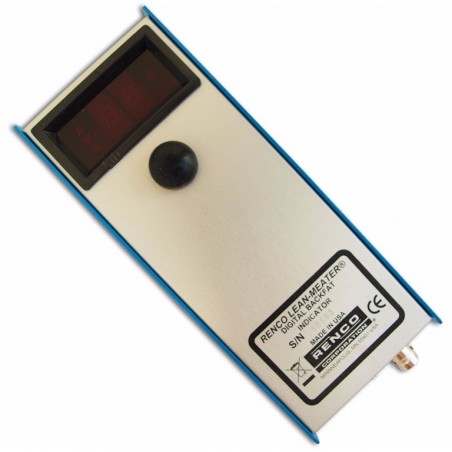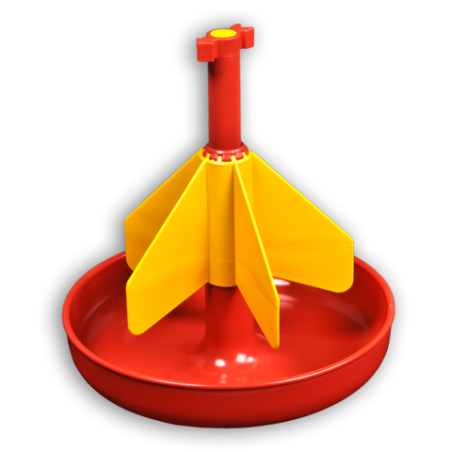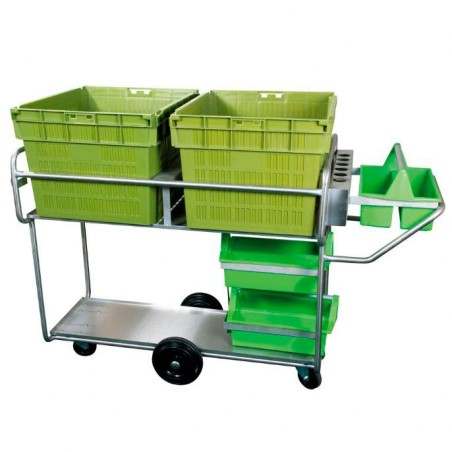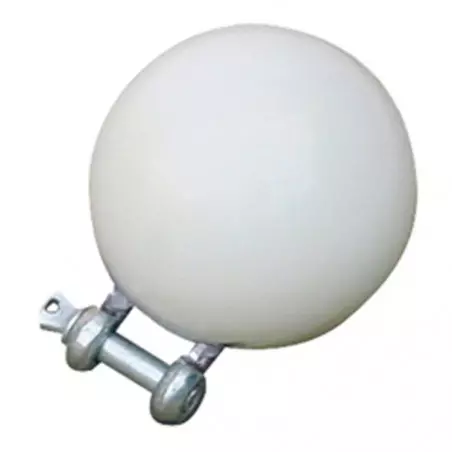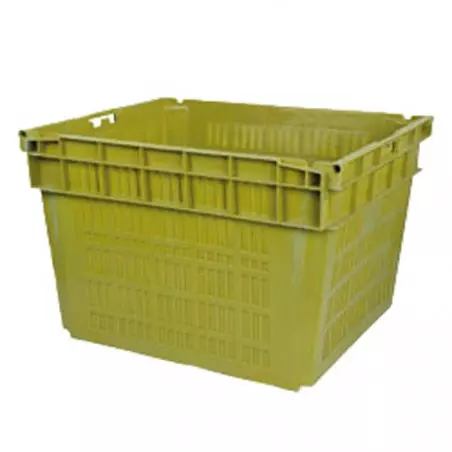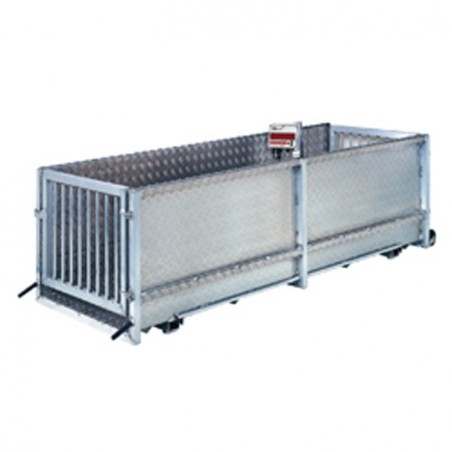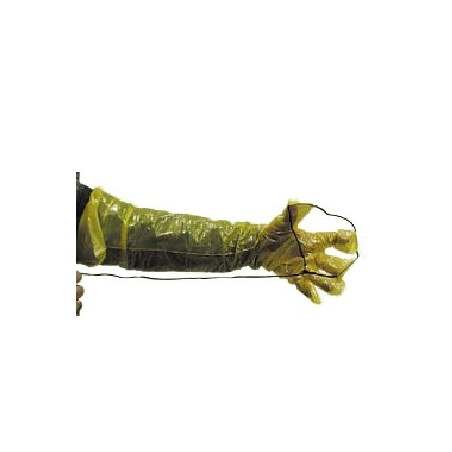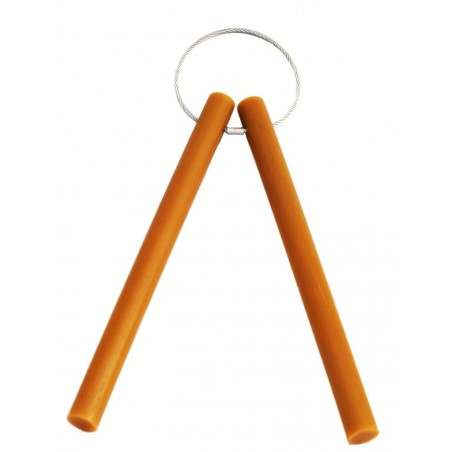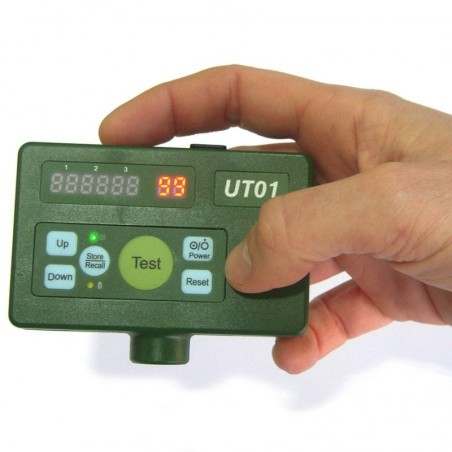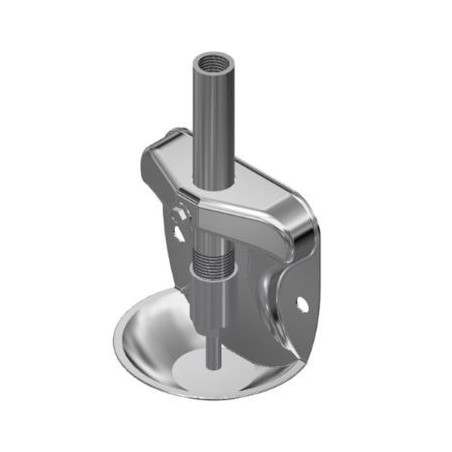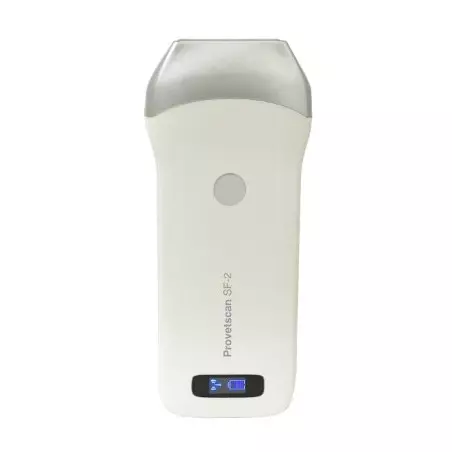In the present study, we aimed to determine the effect of lift farrowing crates on piglet mortality by crushing and on sow welfare. Eighty-four sows were considered in the one-year experiment in three monitoring sessions. In each session, 14 sows were housed in a room with conventional crates, and 14 sows were lodged in a room equipped with lift crates. The sows, of the same genetics, with parity ranging from 2 to 9, were randomly distributed in conventional crate and lift crate rooms. No primiparous sows were considered in the study to avoid sows unexperienced with the dynamics of lift crates. The numbers of crushed piglets, assessed by the farm’s veterinarian, within 48 hours, 72 hours, and at weaning (28th day), were recorded. Hair cortisol concentration was measured upon entry and exit from farrowing to evaluate stress level variation. Feet diseases and backfat thickness were evaluated to assess sows’ potential diseases induced by lift crates and metabolic problems.
The results show that the number of crushed piglets per sow was higher in the conventional crate rooms than in the lift crate rooms in the first two days after delivery (0.39 vs. 0.15) and up to weaning (0.50 vs. 0.37). Mean values of hair cortisol concentration variation in sows during farrowing were significantly different in the two housing systems and higher for the lift crate sows (0.53 pg/mg vs. 0.22 pg/mg). No significant differences were detected for backfat variation and feet disease scoring between lift crate and conventional crate sows.

In conclusion, lift crate sows evidenced an increase in hair cortisol values during farrowing, probably caused by a higher stress status induced by the lift crate, along with the benefit of the higher survival rate of piglets before weaning.
Costa A, Salvagnini C, Buoio E, Palmeri F, Salvagnini A, Mazzola SM. The Effect of Lift Crates on Piglet Survival Rate and Sow Stress Level during Farrowing. Animals. 2022; 12(6): 745. https://doi.org/10.3390/ani12060745




